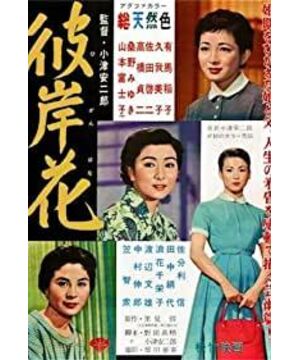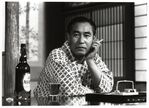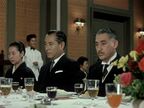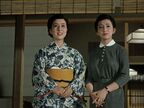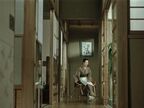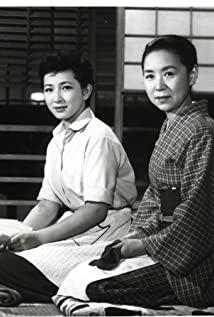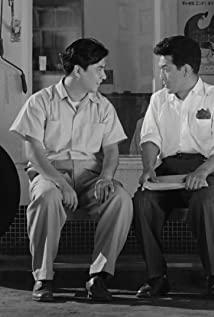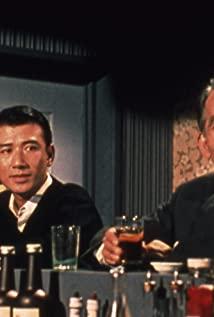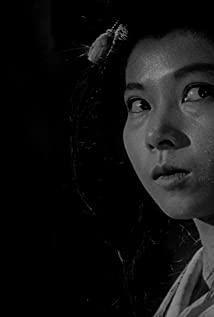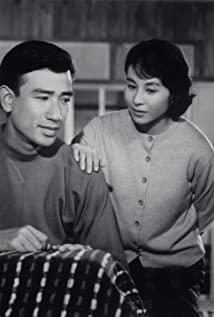After reading the other side of the flower, I found that Ozu, who is a faithful writer of the "Marriage Girl" genre,
has achieved a near-perfect expression effect in both the depth and breadth of
this genre. A lot of sentimentality about the passing of China (like the ancient songs from the school), Ozu even used the same cast of actors when making
films , still praising the freedom of marriage/the understanding of parents/familial affection ,
The greatness of friendship, the hope of projecting the dark background of the family's last outing in autumn
to the infinite under the gaze of the railroad tracks at the end of the film in the same plain water. . . . .
As a silent film, I am two years old, but I
achieve a suffocating beauty through the innocence of children, the intuition of images, and the free diffusion of imagination in space. I used to only watch Chaplin silent films now. I kind of understand
why Fellini would call the silent film era the golden age of film history. In the age of images without sound (let alone color)
, people would pay more attention to the detail and intelligibility of images. 50% of the dialogue
doesn't even have subtitles, but you won't find it difficult to understand. It expresses childhood habits that are too common and too easy for us to forget
, children's admiration for their fathers and the associated disappointment. Are you a great person?" "Some
great people don't have money", "What kind of person are you?", such similar dialogues fully demonstrate that this is far from just
a children's comedy played by a talented child star, and Ozu is morally The penetration of observation has actually reached our
childhood when we were still very ignorant. Maybe these things may not always be noticed by us, but when
you focus on this silent film of Ozu, you will not only be attracted by the wit of the image, I think To a greater extent you will resonate quite a bit,
in memories.
View more about Equinox Flower reviews


